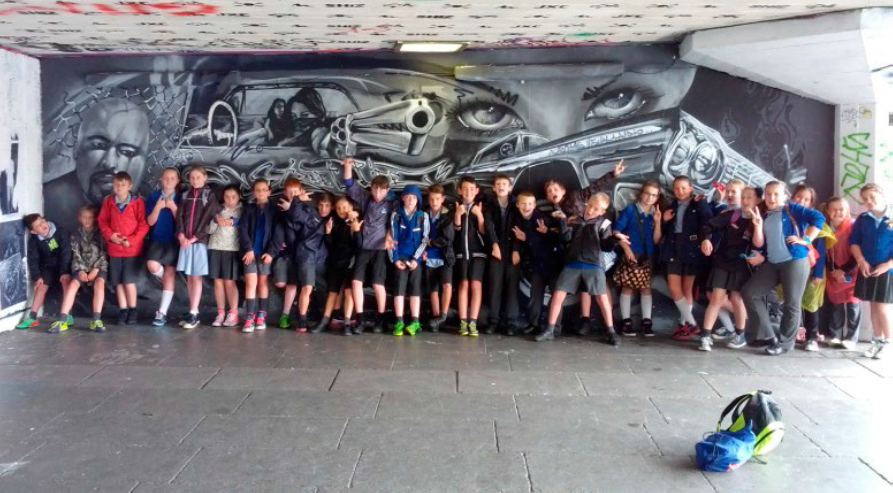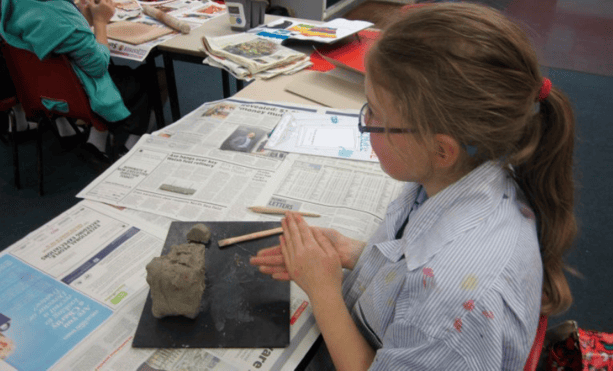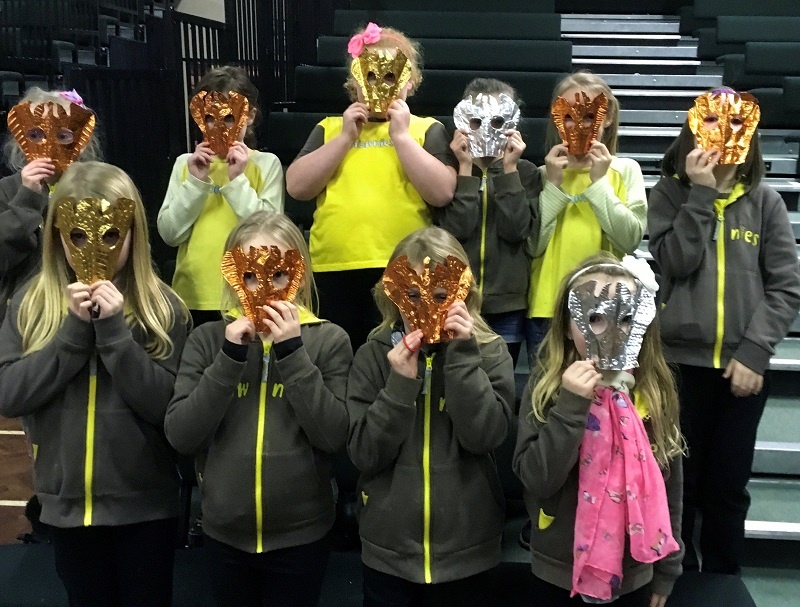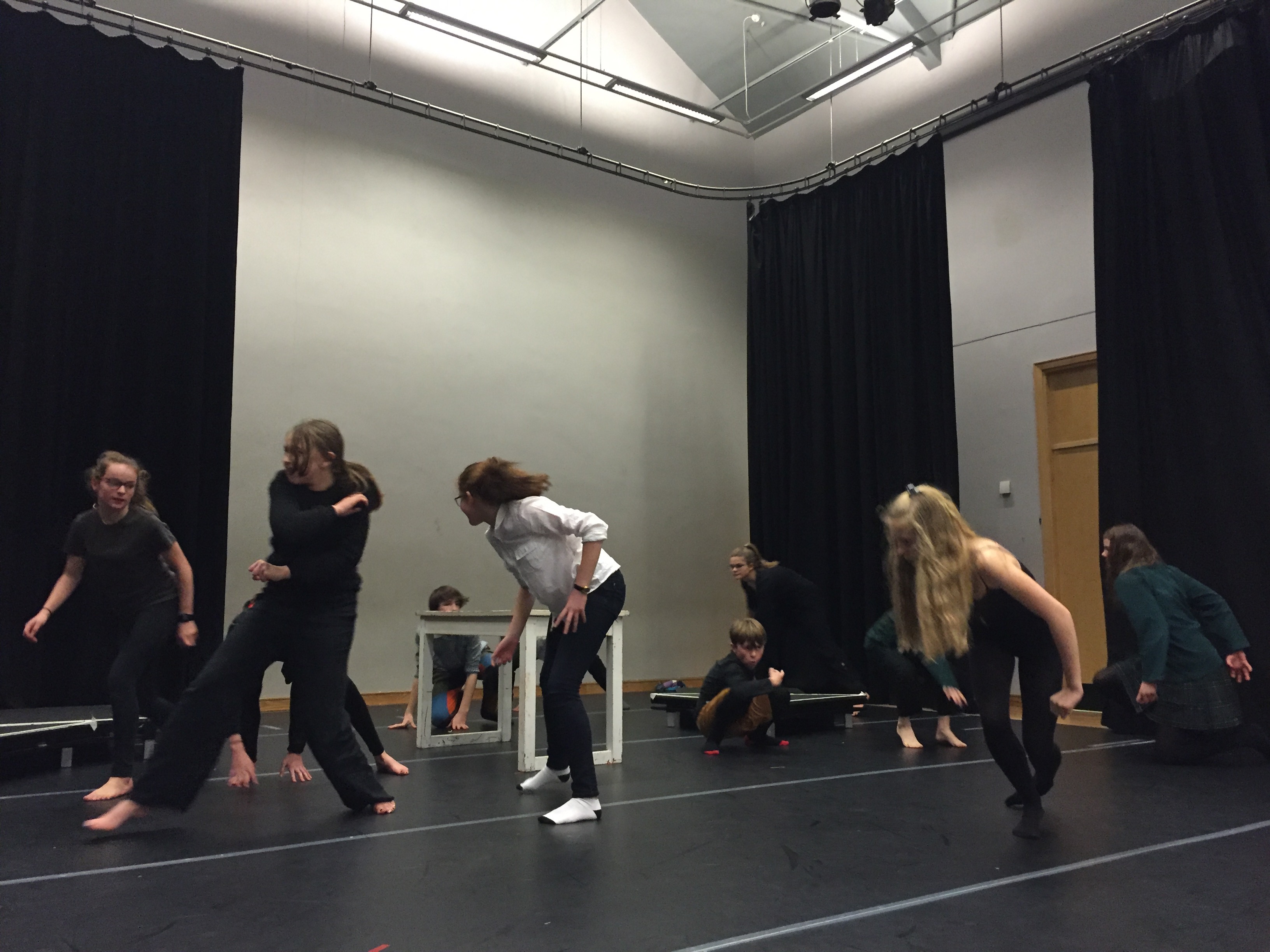
How do you make the most of your resources and share the workload of delivering Arts Award?
BY: Guest Writer
05 Mar 2015
In this blog we hear from Helen Seed, class teacher at St Mary's Primary School, about how to make the most of your resources and share the workload of delivering Arts Award.
St Mary’s Primary School is a small school, but we have big ambitions with regards to the arts. Since we began running Arts Award we have ensured that each child in our school has experienced the arts outside of their normal lessons. Throughout the past year we have organised a number of activities, including a London symphonia workshop, a visiting artist, a trip to see a theatre production at Ormiston Academy and an exhibition at Ipswich School, a visit to the Ancient House Museum of Thetford Life and a photography workshop. We’ve had to make the most of our resources and staff time by being creative in our approach to delivering Arts Award.
Building contacts with other schools
During 2014 we ran Arts Award for Year 5 and 6 through an art club for the first time. As part of this, we worked hard on building local contacts to enrich our offer. As a result, we now have frequent visits to the local high school where we hold workshops for the Arts Award Explore pupils. This enables us to use equipment at the high school, such as printing presses and kilns. Our staff and pupils also gained experience from the high school art teachers in various techniques. We have encouraged the high school to introduce Bronze Arts Award, so our pupils can continue to progress through the award levels after they leave primary school.
As well as our work with the high school, we also teamed up with another local primary school and held an ‘Artist for a day’ workshop. The workshop was for all pupils in Years 3 and 4. The children learned about the life and work of Monet and had a go at producing their own watercolour in the impressionist style. To set this up, we approached the art coordinator a few months before the event and suggested combining our budgets. Due to the other primary school being bigger than ours, we were able to include more children without having to pay to hire a space. We also shared the cost of the resources for the workshop such as paint, brushes, paper and pencils. We would not have been able to afford to hold this event as individual schools, but joining together made it possible.
Raising our profile
This year we have been continuing to build up our contacts through Facebook, local newspapers and the Arts Award website. We found that the more people knew about the award, the more help we were offered. We have recently featured in the Hadleigh Community News and the East Anglian Daily Times. Both news articles focused on how we deliver a ‘broad and balanced curriculum’ through Arts Award and how the programme encourages independence and ‘high school ready’ children.
Working with local artists
In response to the newspaper article about our Arts Award programme, we were contacted by a local photographer who offered to come and do a six week workshop for Year 4, 5 and 6 pupils. This gave our pupils an additional arts experience that we wouldn’t have been able to provide ourselves. The cost of the workshop was passed onto parents, and the children were taught by an expert photographer!
Involving the community
Due to this support from outside the school we have now been able to expand our Arts Award offer to include all year groups. We have also recruited other local contacts, such as the company Imaging Partnership who recently ran the photography course mentioned earlier. We now have parent volunteers who help us prepare for Arts Award moderation by supporting us with administration and working with our Arts Award adviser to make sure pupils have evidence for all sections of their Arts Award.
Another effective way of gathering Arts Award evidence for children’s arts logs has been to link in with other subject areas and topics within school. For example, children who play an instrument or sing in the choir have included photographs of themselves taking part in their arts logs as evidence of their participation in arts activities. Getting the support of staff across the school is an important part of this. Our deputy headteacher combined a trip to the Science Museum in London with a visit to see graffiti art so that pupils could use this experience towards their Arts Award.

Advice to others
Our advice is to spend time building up your contacts, shout about your Arts Award offer and advertise it through as many routes as possible. This will help you get as many people involved in your Arts Award offer as you can, enabling you to offer new experiences to pupils, spread the costs and resources needed for activities and share the workload too. If you don’t ask you don’t get!




Comments & Replies